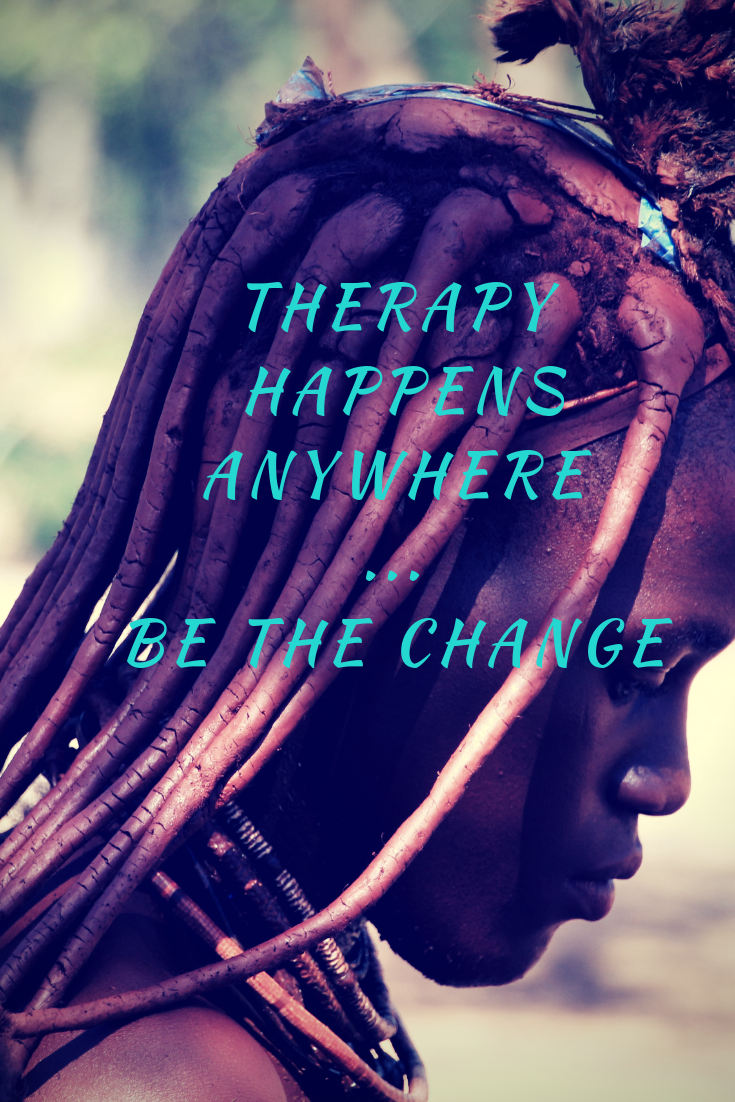
Self-Mastery: The Master of Self is …
Self. The Master of yourself is the person who is ultimately responsible for your life, and that person is you. Regardless of circumstance, fortune, physical attributes, or intelligence…we are all empowered to be the best we can be in our own small ways.
One poem has stood the test of time as a source of inspiration. It highlights the strength in the journey of self-discovery and personal growth. “Invictus,” penned by William Ernest Henley, encapsulates the indomitable human spirit and the power of mastering oneself. Let us explore how the poem “Invictus” can guide us on our path.
The Unconquerable Soul
In the first stanza of “Invictus,” Henley writes, “I am the master of my fate, I am the captain of my soul.” This declaration encapsulates the essence of self-mastery. It reminds us that, no matter the challenges we face, we have the power to steer the course of our lives. As I like to say, “Who is driving the bus?” That concept in therapy is known as locus of control. Most people do well with an internal locus of control. It can often be reduced to a single question, “What can I control?”Most people do their best work when they limit their energy exchange to that point.
Similarly, the poem’s second stanza speaks to “the bludgeonings of chance” and “the menace of the years.” As we age, we gain an understanding of the value of time and how we can use time to erase or enhance our present and future life; it alludes to the fact that fortune is a fickle friend and can act against us more often than in our favor. Life often presents us with unexpected difficulties and obstacles, and “Invictus” urges us to meet these challenges head-on with unwavering resolve. In the therapeutic journey, resilience is the cornerstone of mastering oneself.
The Role of Self-Reflection:
Self-mastery begins with introspection. “Invictus” encourages us to confront our inner demons, acknowledge our weaknesses, and understand our fears. By embracing our vulnerabilities and reflecting upon them, we gain the strength to overcome them. In therapy, self-reflection is a powerful tool for personal growth. As therapists, we like to encourage journalling as it builds insight. Insight encourages self-reflection as we look at our behaviors and outcomes as a result of these behaviors. It does not make your life perfect, but it equips you with tools to assist in making healthier choices.
The Light That Guides
The final stanza of the poem alludes to the “gate of heaven.” This gate symbolizes the potential for transcendence and personal transformation. It goes back to the theme that we have the power to change. The power to change ourselves and find our own version of “heaven.”
There will always be a “gate” that we must cross in our lifetimes. There is some critical moment that shifts the narrative of your life. It is a reminder that, through self-mastery, we can find a sense of inner peace. This peace leads us to purpose and meaning in our lives.

Therapeutic Applications
Just as “Invictus” empowers through its words, affirmations can serve as therapeutic tools to bolster self-mastery. Repeating positive affirmations daily can help reprogram the mind and reinforce the belief in one’s ability to master oneself. As therapists, we listen keenly to a client’s self-talk to tell us the frame of their consciousness and to give us an indication of their locus of control. Some people say “affirmations,” I like to look at it as “positive self-talk.”
Similarly, mindfulness, like the principles in “Invictus,” encourages self-awareness, acceptance, and inner strength. Regular mindfulness practices can guide individuals on their journey toward self-mastery. Increased insight and mindfulness go hand in hand and work together for your common good. Another aspect of the therapeutic applications of “Invictus” includes goal setting. Setting and achieving personal goals is a practical way to cultivate self-mastery. Therapists often work with clients to establish realistic and attainable goals, promoting a sense of control over one’s life. If you frame it out, you feel better.
Embracing Vulnerability
Like the poem, therapy encourages individuals to embrace their vulnerabilities. Acknowledging our humanity and thus our vulnerability is a vital part of the therapeutic process. By acknowledging and exploring these vulnerabilities, individuals can learn to master their emotional responses and grow stronger in the face of adversity.
“Invictus” by William Ernest Henley is not just a poem; it’s a profound testament to the human spirit’s resilience and the power of mastering oneself. In the therapeutic journey, the principles embedded in the poem serve as a guiding light, illuminating the path to inner strength, self-empowerment, and personal growth. By mastering ourselves, we become the captains of our souls, shaping our destinies with unwavering resolve and resilience.
I will never be Sigmund Freud (nor do I want to be), but I am empowered today to be still and look deeply at myself, asking what drives me as a person and what SMALL steps I can take to make my BIG dreams come true. In the great words of Invictus, “I am the Master of my Fate; I am the captain of my Soul.”
Self-Mastery and The Holistic Store
While we are thinking that through, boost your connection from the inside out with our wellness supplements and supplies, check out our store for products that help you feel your best, making it easier to open up and connect on a deeper level.


